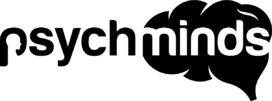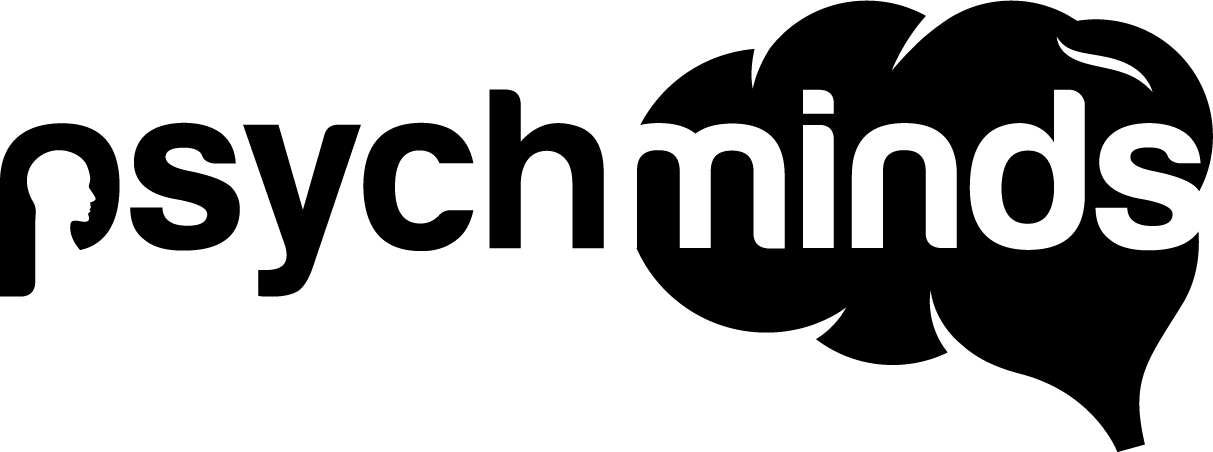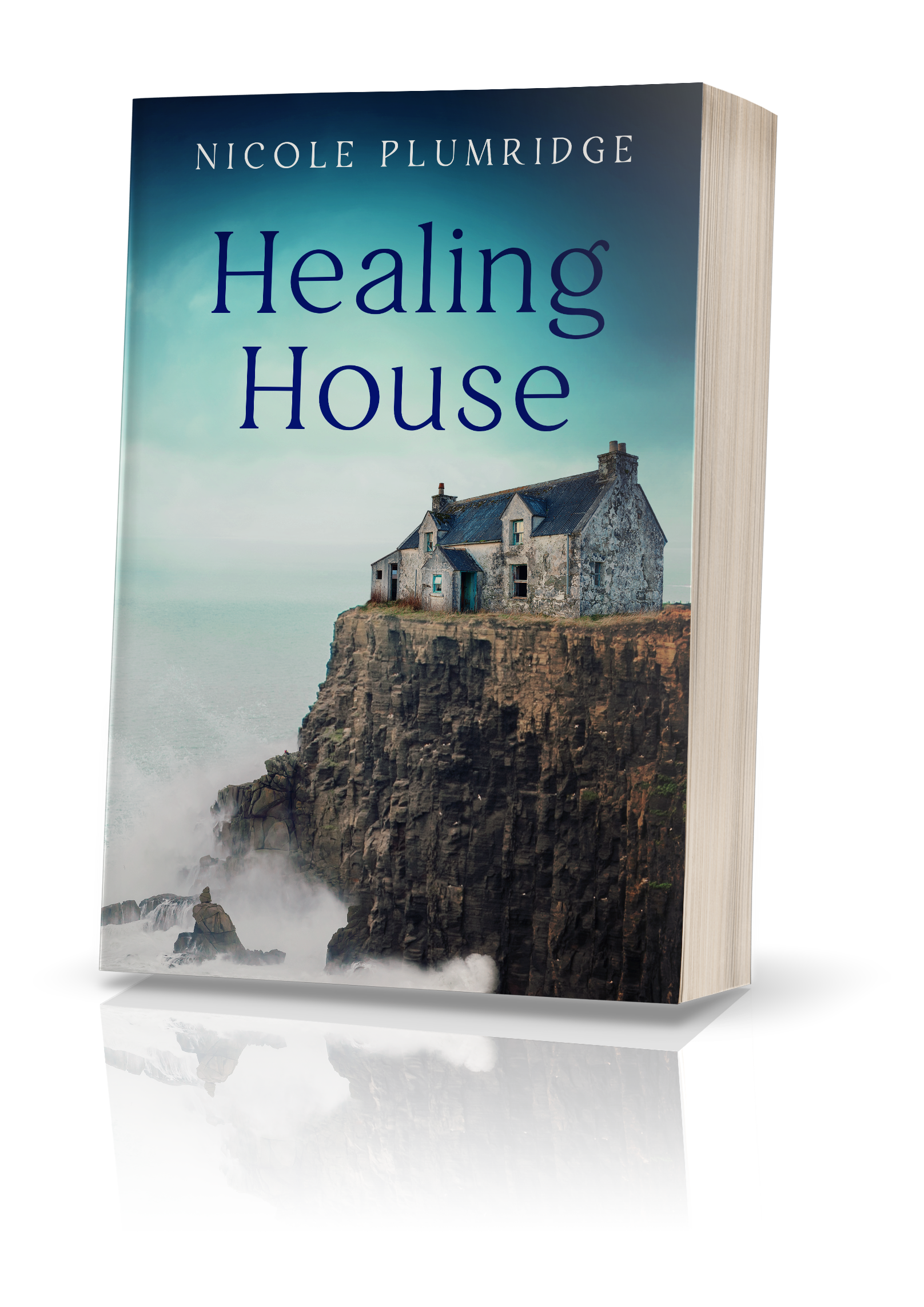Although the concept of flow is a relatively simply one, actually achieving this state may be more challenging than it seems. This article explains what flow is, what the differences between active engagement and passive pleasure are and what you can do to enhance your experience of flow in your daily life.
What is flow?
Flow is a mental state which occurs when a person performing an activity is fully immersed in a feeling of energized focus, full involvement, and enjoyment when performing that activity. Through analysing this definition, the components to achieving this mental state can be broken down. To experience flow a person must feel energised since flow is an active, thought provoking process. Although to experience flow a person must be engaging in an activity which is inherently enjoyable, one must also invest considerable mental and/or physical energy into this activity. For instance, a person may feel flow when going on a deep sea dive. Although this activity is enjoyable, the person must also put a great deal of thought into ensuring they have the equipment, knowing how deep they can go, staying with the group etc. If a person truly enjoys this activity, then all of these things will become second nature to the person. During flow, people tend to experience enhanced focus and clarity. This leads to increased awareness and a heightened sense of being engaged in the present moment.
Moreover, individuals may feel a sense of timelessness when experiencing flow since the person is fully immersed in the present. A person going scuba diving or someone writing a book may feel as if they are part of a larger, more meaningful experience and will feel a sense of harmony and inner peace while engaging in these activities.
Furthermore, in order to experience flow, one must feel challenged by the activity whilst simultaneously feel that they have the necessary skills and knowledge to overcome this challenge. If someone is given a task that they have no idea how to complete, they are likely to feel frustrated. Whereas, a person who is given a task that is too easy is likely to feel bored. Finding flow is synonymous to finding the perfect balance between challenging oneself whilst having the skills to overcome the obstacles.
Passive pleasure or active enjoyment?
Although watching TV, scrolling through social media or flipping the pages of a magazine may seem enjoyable, these activities do not tend to produce a sense of flow. It is unlikely for someone to experience flow whilst engaging in a passive leisure activity. Whilst relaxation is important, endless leisure does not produce a state of flow. Flow requires a person to be actively engaged in an activity. The person must be experiencing challenges and thinking of solutions. When watching TV, the mind is ultimately switched off.
When engaging in a flow inducing task, one also gets immediate feedback. For instance, a musician may have composed a beautiful melody and whilst playing it hears its beauty. There is no sense of achievement or reward when engaged in a passive leisure activity. Downtime, however, is necessary since it is physically, emotionally and mentally draining for an individual to be mentally engaged in all activities all the time.
“The best moments in our lives are not the passive, receptive, relaxing times… The best moments usually occur if a person’s body or mind is stretched to its limits in a voluntary effort to accomplish something difficult and worthwhile.”
Mihaly Csikszentmihalyi
What can you do to experience flow?
Although relaxation is necessary for reducing stress in daily life, engaging in flow inducing activities is crucial to feeling a sense of happiness and achievement. We live in a fast paced world where there are an unending stream of demands placed upon our time. Nevertheless, it is important to create a set of priorities and carve out time to devote to one’s hobbies and interests. Below are several ways to enhance your experience of flow:
- Set achievable goals and work out a strategy to meet those goals
- It may be difficult to choose to dedicate your time to mental exertion over a more passive activity, even if it may result in a sense of flow and accomplishment. Set up positive consequences for engaging in that hobby that induces flow. Picking up that paintbrush and starting a painting from scratch may seem daunting; therefore, prepare a reward for yourself for doing just that. Perhaps the reward is as simple as making a cup of coffee afterwards or taking a break to watch your favourite show.
- Set up a creative space in your home and dedicate a certain amount of time to spend there. Whilst in this space, experiment with different hobbies or interests. Even if you are only in this creative space for 15 minutes, make those 15 minutes count by being fully focused and engaged for that duration.
- Decide what time of day suits you best to be fully engaged in these activities.
- Cut back on time spent watching TV or other passive activities.
- Use a planner to schedule your daily activities. Sometimes just putting a tick next to a completed activity is motivation enough to start it.
Although it is difficult to engage in a task that requires mental energy and effort after a long day rather than engage in something that provides instant gratification (switching on the TV), it is important to realise that the former ultimately enhances one’s happiness and well-being whilst the latter does not. By engaging in an activity that one enjoys and is good at, one may feel a sense of confidence, achievement and higher self-esteem. As Mihaly Csikszentmihalyi (1990, p. 3) says, “The best moments in our lives are not the passive, receptive, relaxing times… The best moments usually occur if a person’s body or mind is stretched to its limits in a voluntary effort to accomplish something difficult and worthwhile.” On that note, it is time to focus not on what provides instant pleasure but focus on what provides flow for you. Challenge yourself to find your flow today! There is no time like the present!
References
Finding Flow by Mihaly Csikszentmihalyi. Copyright 1997 by Mihaly Csikszentmihalyi. Reprinted by arrangement with BasicBooks, a division of HarperCollins Publishers, Inc.
Happy & Well. (August 18, 2014). Living in flow – the secret of happiness with Mihaly Csikszentmihalyi at Happiness & Its Causes 2014. Retrieved October 23, 2016, from https://www.youtube.com/watch?v=TzPky5Xe1-s
TED. (October 24, 2008). Mihaly Csikszentmihalyi: Flow, the secret to happiness. Retrieved October 23, 2016, from https://www.youtube.com/watch?v=fXIeFJCqsPs
The Pursuit of Happiness. (n.d.). Retrieved October 23, 2016, from http://www.pursuit-of-happiness.org/history-of-happiness/mihaly-csikszentmihalyi/
Image Credit: https://www.gapyear.com/articles/travel-tips/how-to-volunteer-on-a-private-tropical-island















